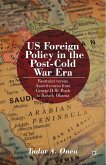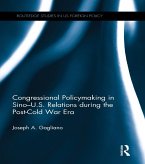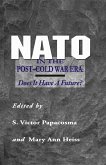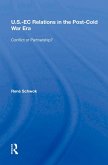A state's articulation of its national role betrays its preferences and an image of the world, triggers expectations, and influences the definition of the situation and of available options. Extending Kal Holsti's early work on the usefulness of the concept of role, Role Quests in the Post-Cold War Era examines the nature, evolution, and origins of role conceptions, key aspects largely ignored in a literature obsessed with the quest for immediate relevance. For each country contributors present the major foreign policy debate that took place at the end of the Cold War and examine, through an analysis of major speeches, the relative weight of identity and international status in the definition of the national role. Uncovering the different roles that states claim for themselves allows reflection on the possibility of international cooperation in the maintenance of international order. This study helps assess the importance of identity in national role conceptions, identify potential conflicts arising from the clash of roles masquerading as interests, and clarifies existing contradictions in prevailing roles. Contributors include Caroline Alain, Onnig Beylerian, Christophe Canivet, Jean-Rene Chotard, Andre Donneur, Philippe G. Le Prestre, Paul Letourneau, Jacques Levesque, Alexander Macleod, Marie-Elisabeth Rakel, Jean-Francois Thibeault, and Charles Thumerelle.
Dieser Download kann aus rechtlichen Gründen nur mit Rechnungsadresse in A, B, BG, CY, CZ, D, DK, EW, E, FIN, F, GR, HR, H, IRL, I, LT, L, LR, M, NL, PL, P, R, S, SLO, SK ausgeliefert werden.









